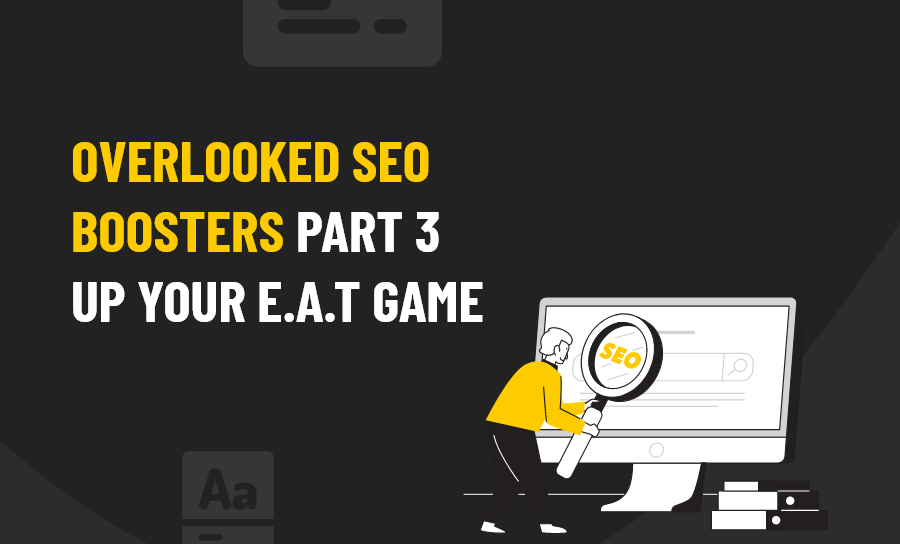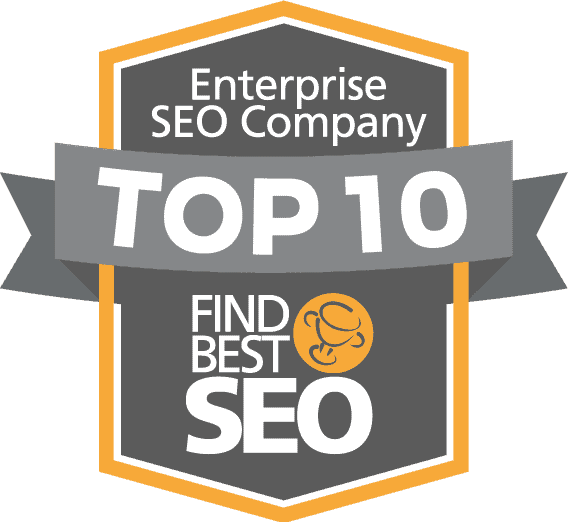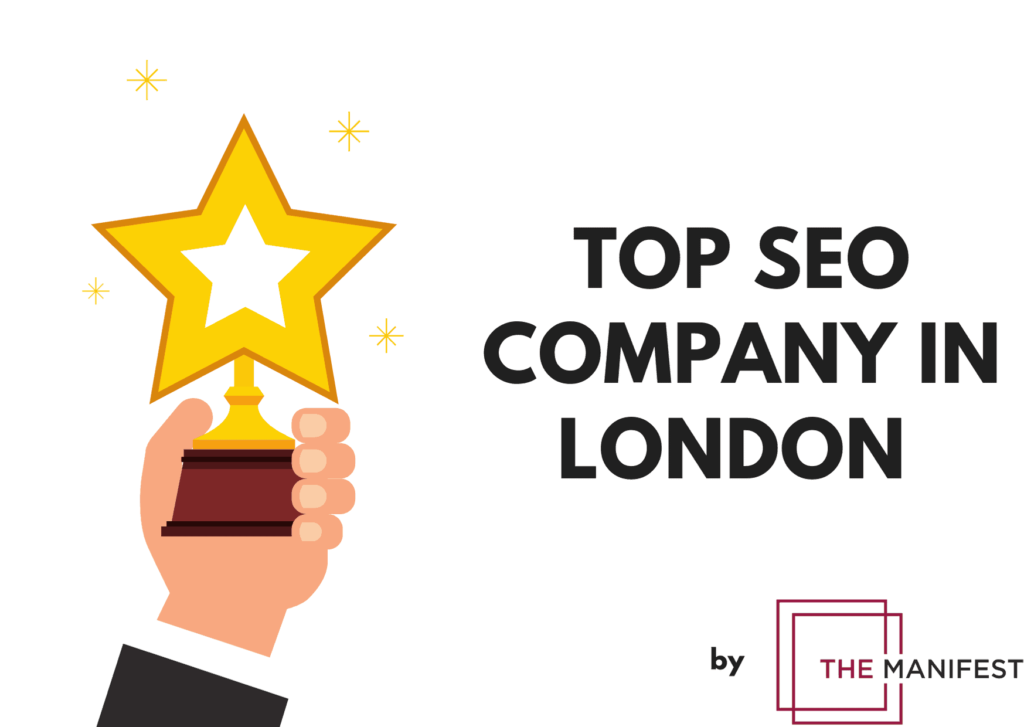This is the third part of nine-part series covering some of the most underused – and yet, very effective – SEO tactics you should be adding to your 2021 SEO to-do list. Today we are taking a look at E-A-T. Not as in pizza or chips, but as in Google’s measure of it.
E-A-T is an SEO acronym that stands for Experience, Authority, and Trust. These are criteria that Google uses to ensure that its SERPs ratings for websites are highly accurate, helpful, and trustworthy. And they have become increasingly more important over the last two years.
Unfortunately, far too many businesses pay very little attention to their E-A-T reputation and lose out on some significant SEO boosts. And, if they actually go against what Google deems acceptable, they risk being penalised or, in extreme cases, dumped from the Google SERPs altogether.
E-A-T 101
What are the components of Google’s E-A-T guidelines? If you have a few hours, you could check them all out, as they are outlined in the 168-page Google’s Search Quality Rater Guidelines. It’s been around since 2013 and is updated as needed, but most people haven’t read it.
Which again, is a shame as it fairly clearly defines what it expects from a good website.
However, in a nutshell, Expertise suggests that they want you to be an expert in your profession. Authority means you need to make sure Google can interpret your qualifications. Trust implies that to deliver the goods you do what you say you’re going to do and can be trusted.
Is E-A-T a Big Ranking Factor?
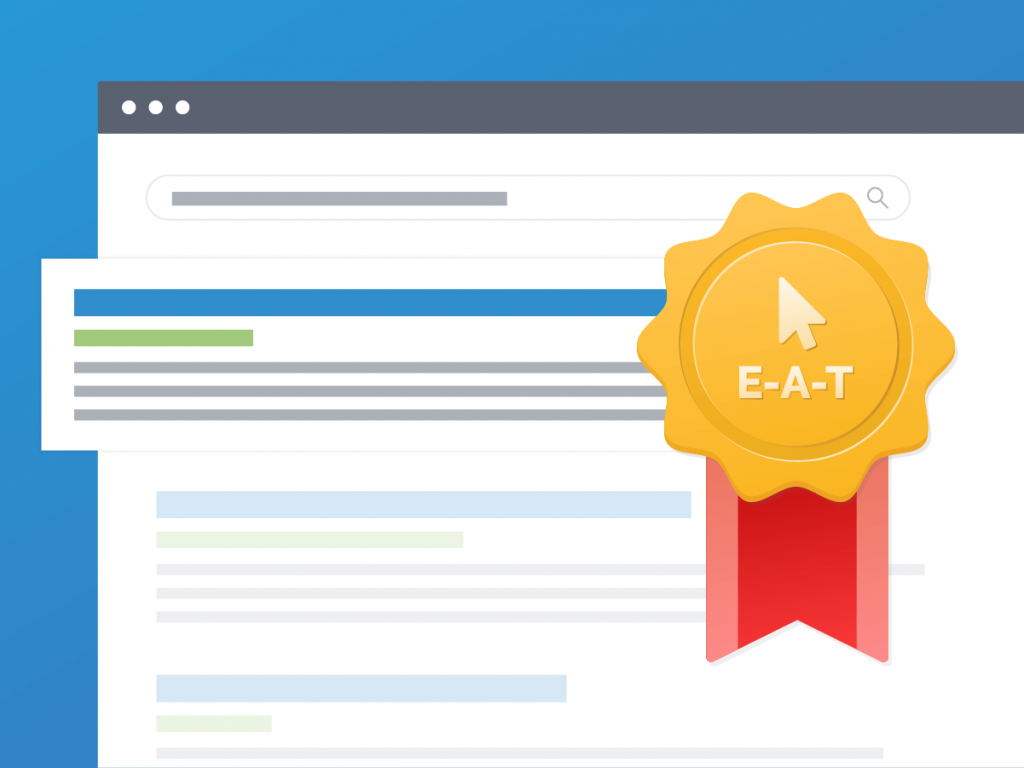
For something to be a Google “ranking factor”, it has to be something tangible that a bot can understand and evaluate.
Like the number of backlinks to a page. Search bots crawl the web far and wide and quickly and accurately report intel about how many backlinks point to most pages. Google can easily create an algorithm that ranks pages with the most high-quality backlinks higher than others.
The problem with the elements that make up E-A-T – expertise, authoritativeness, and trust – is that while they’re desirable qualities for website content, they are human concepts. You can’t tell a bot how to rank pages with E‑A-T higher because it has no human values of its own.
However, Google does have a solution to this problem:
- First, their search engineers propose algorithm tweaks that might improve search result quality.
- Second, they show search results to Quality Raters with and without the proposed change implemented. Their job is to provide feedback to Google, and they aren’t told which set of results is which.
- Third, Google uses the feedback to decide whether the proposed tweak positively or negatively impacted search results. If the results are positive, the change is implemented.
Using this process, Google engineers can understand the tangible signals that align with E‑A-T and adjust the ranking algorithms accordingly.
Does Google Assign Websites an E-A-T Score?
No, not officially. So, unlike backlinks, there is no hard data to check to see how you are doing.
How important is E-A-T?
For all queries, E-A-T is somewhat important, but some more so than others.
If you’re just looking for photos of adorable cats, then it probably doesn’t matter so much how well a site does in terms of E-A-T. The subject matter is subjective, and if you see a cat that you don’t think is cool, it’s no big deal.
If, on the other hand, you are looking for the correct dose of aspirin while pregnant, then E-A-T is undoubtedly significant. If Google were to promote content written by a clueless writer on this subject, published on an untrustworthy website that lacks authority, then the likelihood of inaccuracy or misleading information in that content is high.
That is not only mildly inconvenient, considering the nature of the knowledge being sought here; it is potentially life-threatening.
For questions like “how to improve my credit score,” E-A-T is also important. Here, advice from clueless and unauthoritative sources is unlikely to be credible and should not be trusted. And it might completely screw up your finances if you follow it! Google does not want to be responsible for that.
These kinds of subjects are referred to by Google as YMYL (Your Money or Your Life) subjects: They are subjects that may theoretically affect the future happiness, health, financial stability, or security of an individual. Or business. This is why SEO agencies like Pearl Lemon have to be mindful that they operate in YMYL territory.
If your site is built around a YMYL subject, it is crucial to demonstrate good E-A-T.
How is E-A-T assessed?
Expertise

In any specific area, expertise means possessing a high degree of knowledge or ability. It’s mostly measured at the content level, not at the level of the website or organisation. Google is searching for material generated by a subject matter expert.
This is about the structured skills, qualifications, and education of the content creator for YMYL topics. For example, a chartered accountant is more qualified than someone who’s read a few posts at r/personalfinance to write about tax planning.
For YMYL topics such as medical, financial, or legal advice, – and yeah, SEO – formal expertise is important. If we give you bad advice, your site could tank in the SERPS.
It’s about showing relevant life experience and “everyday expertise” for non-YMYL subjects.
For some YMYL subjects, Google also says that “everyday expertise” is enough. Take a question like “what does it feel like to have cancer, for instance.” Someone living with the illness is better positioned than a trained doctor with years of experience to answer this.
It’s also possible to have regular awareness of YMYL subjects. There are forums and support pages for individuals with different disorders, for example. Those who spend a lot of time there are probably qualified to write in this niche too.
Authority
Authority is about credibility, especially among other industry professionals and influencers. Quite simply, it’s authoritative when others see a person or website as the go-to source of knowledge about a topic.
Google’s Quality Raters are instructed to scan the web for insights into the website’s credibility or person to determine strength.
To find out what actual people and experts think about a website, they use a credibility analysis. They look for feedback, references, expert opinions, news stories, and other reliable website information produced/written by the individuals involved.
They are instructed to find sources that were not written or generated by the website, the company itself, or the person while looking for credibility data.
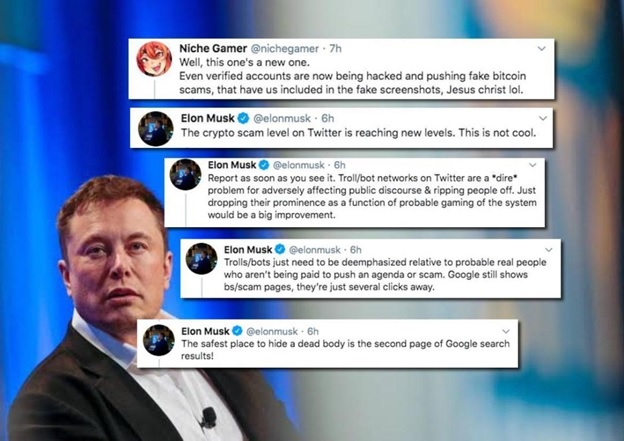
It is important to note that “authority” has a relative definition. Although Elon Musk (a dude who has had issues with Google on this topic and others) and Tesla are authoritative sources of electric vehicle knowledge, they have little to no authority when it comes to SEO.
It’s also the case that, when it comes to some subjects, certain individuals and websites are uniquely authoritative. For starters, the band’s official website is the most authoritative source of lyrics to Coldplay songs, whatever their fans think. And in the US, the most reliable source of data for beef grades is the USDA, even if technically cattle farmers know a LOT more about beef.
Trustworthiness
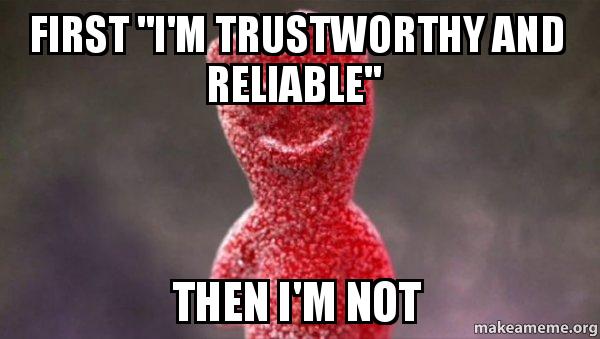
This is perhaps the most subjective, and yet important element of E-A-T.
Trust is about the credibility, accountability, and accuracy of the website and its content.
To assess trustworthiness, raters look for various factors, including whether the website mentions who is responsible for published content. For YMYL queries, this is especially important, but it also applies to non-YMYL queries.
YMYL websites need to inspire a high level of confidence, so they typically need good details about who is responsible for the website’s content.
It’s also important to have enough contact details, particularly for YMYL topics and online stores.
For example, if a shop or financial transaction website has only an email address and a physical address, or if there are problems with the transaction, it can be difficult to get support. Similarly, many other kinds of YMYL websites also require a high degree of user confidence.
Raters also consider content accuracy.
High-quality content must be factually accurate for news, articles and information pages and must be backed by expert consensus where such consensus exists.
Again though, it’s important to note that trust is a relative notion, like authority. Not all people and websites can’t be viewed as trustworthy in all things. For example, we’re a reliable source of SEO, but not, say, of astronomy knowledge.
Top Tips to Improve Your SEO with E-A-T
Advertising

Adverts and other material should not interrupt or deter users from accessing the main content on a website. So if they are on your site, ask yourself:
- Are pop-up advertisements and interstitial pages quick to close (pages before or after planned content)?
- Are the commercials distracting? Will they contain content that is graphic or shocking (usually a problem if you get them from an outside source)?
- Will your content even be accessed by users? (Remove page-scrolling advertising and interstitial material that redirects them away without a way back).
Attributing

You should be open and clear about who owns the site and who created the material on it. This involves including contact information wherever possible. So:
- Is your content attributed to an individual, company, or organisation on your website?
- Do you have author pages for contributors to the content?
- Is it clear who owns the platform and manages it? Do you have a page for ‘About’ or ‘Contact’?
- Have you got a dedicated page with additional details about your site or company?
- On every page of your site, are your contact detail visible?
Content
Content should be well-created and clearly illustrate that it has taken a lot of effort, time, and ability to produce. All data should be factual, up-to-date, and of a satisfactory length. Clickbait titles are a no-go. For big companies, Google often has much higher requirements than they do for small local businesses, but they still want to see good content from the latter too. Content questions in relation to E-A-T to ask yourself include:
- How does your content allow the user to use it?
- Does your content work the way it’s meant to?
- Are all the pages on your website properly loading and in a speedy manner that will delight, rather than aggravate, users?
- Do e-commerce portions of your site run correctly? Can goods be found and bought easily by users?
- Is the material written well? Are there any spelling or grammatical errors?
- Will material that is published make sense? Is it easy to read?
- Is there keyword stuffing (cramming in keywords with no readability concerns)?
- Are all the details factual?
- Do you use some of your own original research for factual content? You offer something extra useful to Google’s users by creating original research.
- Do you also have references to other work from which you have derived data for factual content? This way, Google will get an idea of how trustworthy the information is.
- Does a ‘well-established consensus’ represent some scientific or medical information?
- Is material checked and revised regularly?
- Is any content auto-generated or copied?
- Do titles describe the material they belong to accurately?
Misleading Content
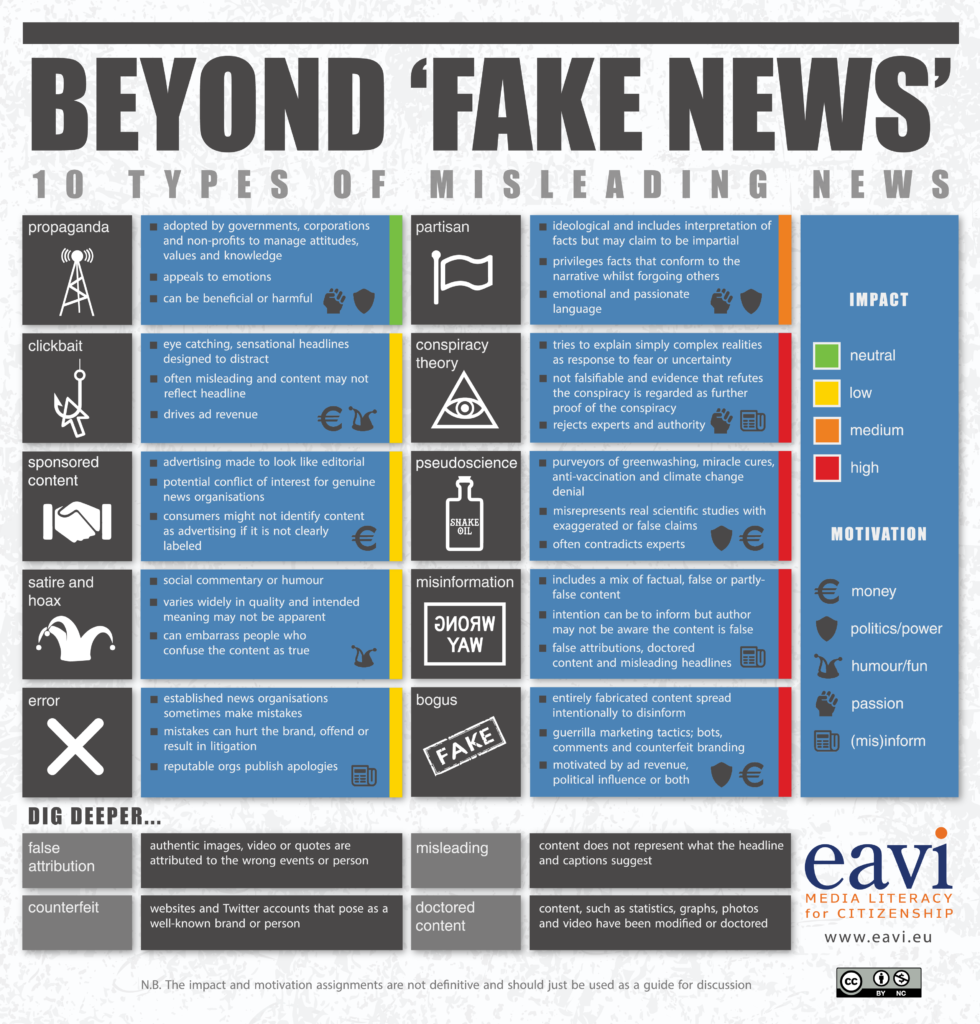
It is very much frowned upon to mislead consumers. It’s hopefully unlikely that your website is involved in any of this activity (so we won’t format these as questions), but the behaviours that Google finds malicious are worth noting.
- Stealing personal details or passwords.
- Using a copied logo or brand or a very similar URL to impersonate a particular site or brand.
- Presenting factually inaccurate misinformation to support a person, company, or organisation (monetarily, politically, or otherwise).
- Non-satirically reporting false conspiracies or hoaxes as though they were factual.
- Falsely stating, to exploit consumers, independent positive feedback (a.k.a fake reviews).
Qualifications
The ‘E’ stands for “expertise” in E-A-T. Google needs to make sure that data is correct if they are going to put it at the top of their search results. Authors must be trained experts to provide knowledge on certain subjects, but life or professional experience is often enough for other subjects.
In relation to all this, ask yourself:
- Have you filled out author pages with information about the author’s expertise, credentials, awards, and any time relevant experts have discussed or quoted them? (And to help Google connect the dots, have you linked to these?)
- Have you added the professional organisations on your About Page or Homepage to which your company belongs?
- Have you listed the awards your organisation has received and the credentials your staff has earned?
- Have you mentioned how long the organisation has been running?
Pertinence

Making sure that Google makes a clear correlation between your company and the areas you cover would make your website more likely to rank well.
- Do you only create relevant content? For example, don’t add a page with a recipe for cupcakes if your site is about car repairs.
- Have you built up links and citations (particularly those with high E-A-T) from relevant people, businesses, and organisations?
- Have you built and established a partnership in your field with relevant experts?
Your Reputation Off-Site
A wide range of factors decide your online credibility, but Google looks at external sources to determine whether they can trust you. It’s worth remembering that missing some online credibility doesn’t mean you’re not going to rank well (unless your site is considered YMYL), but it’s still nice to do whatever you can to build a good reputation:
- Has a technical community or other related experts recommended your business online?
- Is a member of a professional society working for your business or on your team? If so, is this mentioned anywhere other than on your site?
- Have any big (and relevant) individuals, or organisations made an online reference to your business or a member of your team (like quoting you on their own website)?
Testimonials
Reviews and credibility cover similar grounds, but we’re looking primarily at what real consumers think here. And it’s up to YOU to take control of this.
- Are you looking for good feedback from your satisfied clients?
- To solve their problems, do you encourage unsatisfied clients to get in touch?
- If you get negative feedback, do you make sure that they are answered and resolved?
- What is the quality of the poor reviews you have? Do they mention minor, one-off problems you solved or a larger problem (such as evidence of financial wrongdoing)?
- On sites like Yelp, Trustpilot, and Better Business Bureau, how does your company score?
- How do you rate on Amazon or Google Shopping, if appropriate?
- Search for your company’s name – what appears in the search results? A clear indication that Google does not trust you is if your company’s negative reviews are right there on the front page.
Maintenance and Site Security
Ensuring your site is safe and secure will raise your E-A-T, as your site will be deemed more trustworthy.
- Have you migrated your site to HTTPS?
- Do you conduct maintenance on your site regularly?
- Does your site have pages that are hacked?
- Are comment sections and forums free of spam generated by users?
- Have you built and set up a Google Search Console account to alert you if your site is being hacked?
Special Considerations for Your Money or Your Life Sites
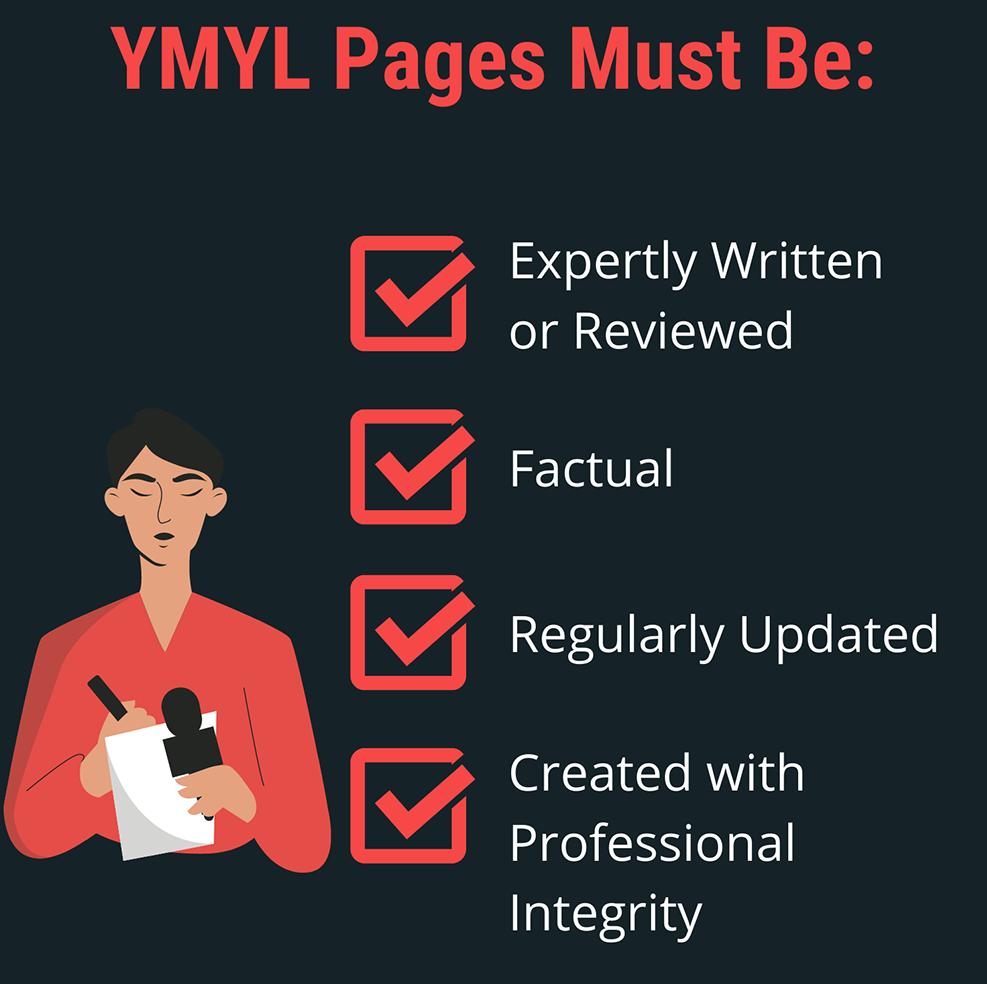
As we mentioned, YMYL is an acronym used by Google to identify a website that could damage searchers if the information on it is false. A broad range of subjects, particularly those that sell costly or “big-ticket” goods, fall under this heading, as well as commercial sites.
Is your site a YMYL site? If so is it up to Google’s standards? Here are some questions to help you decide:
- Is your website platform primarily a commercial one? Will individuals give you money via it for goods or services?
- If it’s a commercial site, how costly are the goods or services that you sell? Will they be considered big-ticket?
- Does your site cover subjects that, if the information you offer is incorrect, might potentially affect the person reading them? E.g. any kind of advice or relevant news, legal, economical, or medical content?
- Are you confident that on your site there’s no potential for harm? Even issues such as parenting or car repair may be deemed detrimental.
- Improving your E-A-T is a solid white hat SEO strategy you need to pay more attention to. And it makes sense for users too, as by following the guidelines you are simply giving users and the search engines what they want – high-quality results.
If you’re still not sure about how to improve your E.A.T (and thus, your SEO) or just don’t want the hassle of dealing with it yourself, then get in touch to discuss how the Pearl Lemon team can help.

